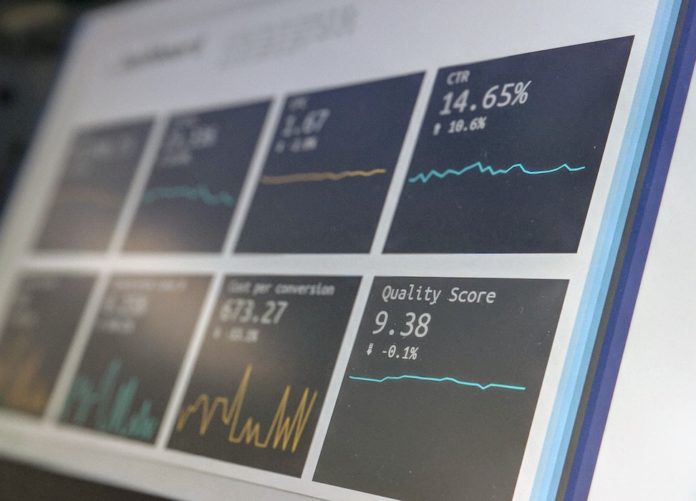Half of Singapore’s business leaders are actively developing their data analytics capabilities, but technological and cultural challenges still need to be addressed, according to the 2019 Data and Digitisation Report from Alteryx.
This research surveyed 3,028 businesses across Singapore, Japan, the UK, France, Germany and the UAE.
Among the 500 respondents from Singapore, nearly one-third of acknowledged that data quality remains a significant challenge to building an effective data pipeline.
In Singapore, businesses agreed that data analytics helped increase productivity (62%), provided more value to deliver deeper insights (48%), helped uncover savings and efficiencies at work (48%) and enabled a better focus on strategic aims by identifying key information in data (47%).
These benefits were most apparent in the manufacturing and logistics industries, where as many as 71% of respondents acknowledged that data and analytics improved productivity.
Concerns about data privacy, security and governance posed a significant issue for 32% of respondents. Another significant challenge is the shortage of trained data workers, particularly for medium-sized businesses of 100-259 employees (37%) and 250-500 employees (31%).
For large enterprises of over 500 employees, the more pressing issue is a shortage of data scientists, with only 35% of all large enterprises maintaining a dedicated team for analytics work.
Data analytics is viewed favourably among Singapore’s businesses, with 61% of business leaders agreeing that augmented analytics will power the next wave of disruption.
They are open to adopting new tools, expressing interest in machine learning and artificial intelligence (34%), predictive analytics and modelling (34%) and data discovery, retrieval and combining from various data stores (30%).
The majority of respondents (29%) generally believed that deep learning and machine learning will be the biggest game-changers for analytics in the next five years, though medium-sized businesses (100-249 employees) put more weight on self-service analytics (29%).
“While many are still balancing data inefficiencies with the challenge of a shortage of skilled data workers, this latest research from Alteryx underscores that investing in data and analytics technology alone won’t deliver real business-altering results,” said Alan Jacobson, chief data and analytics officer at Alteryx.
















